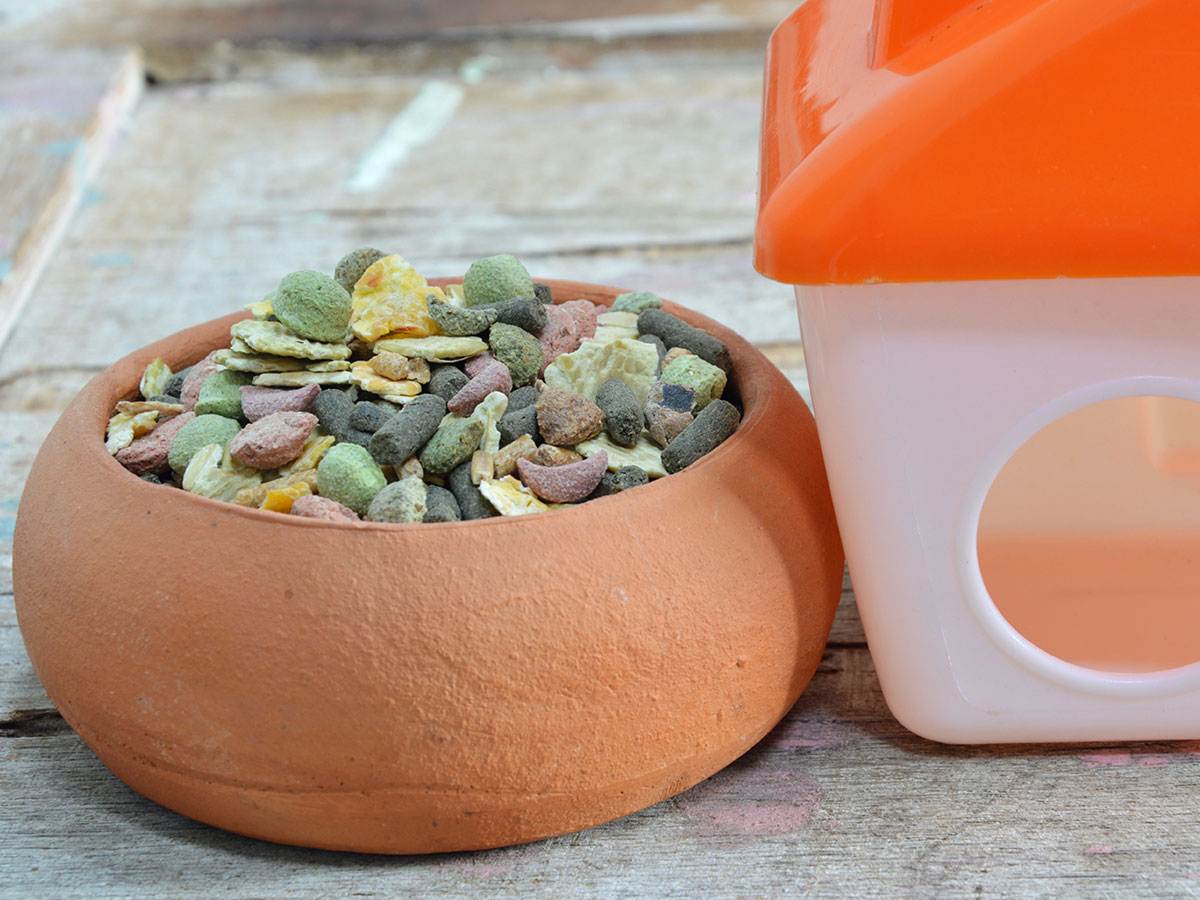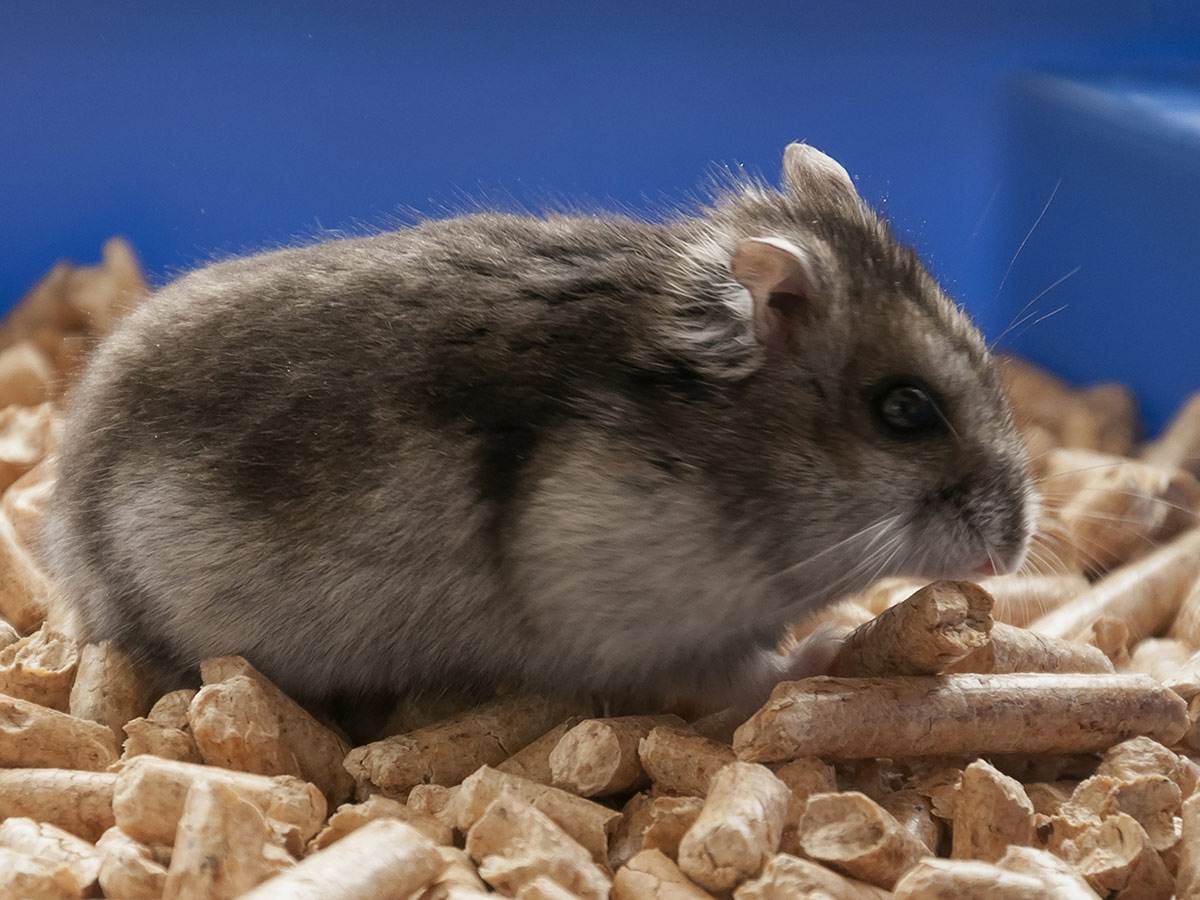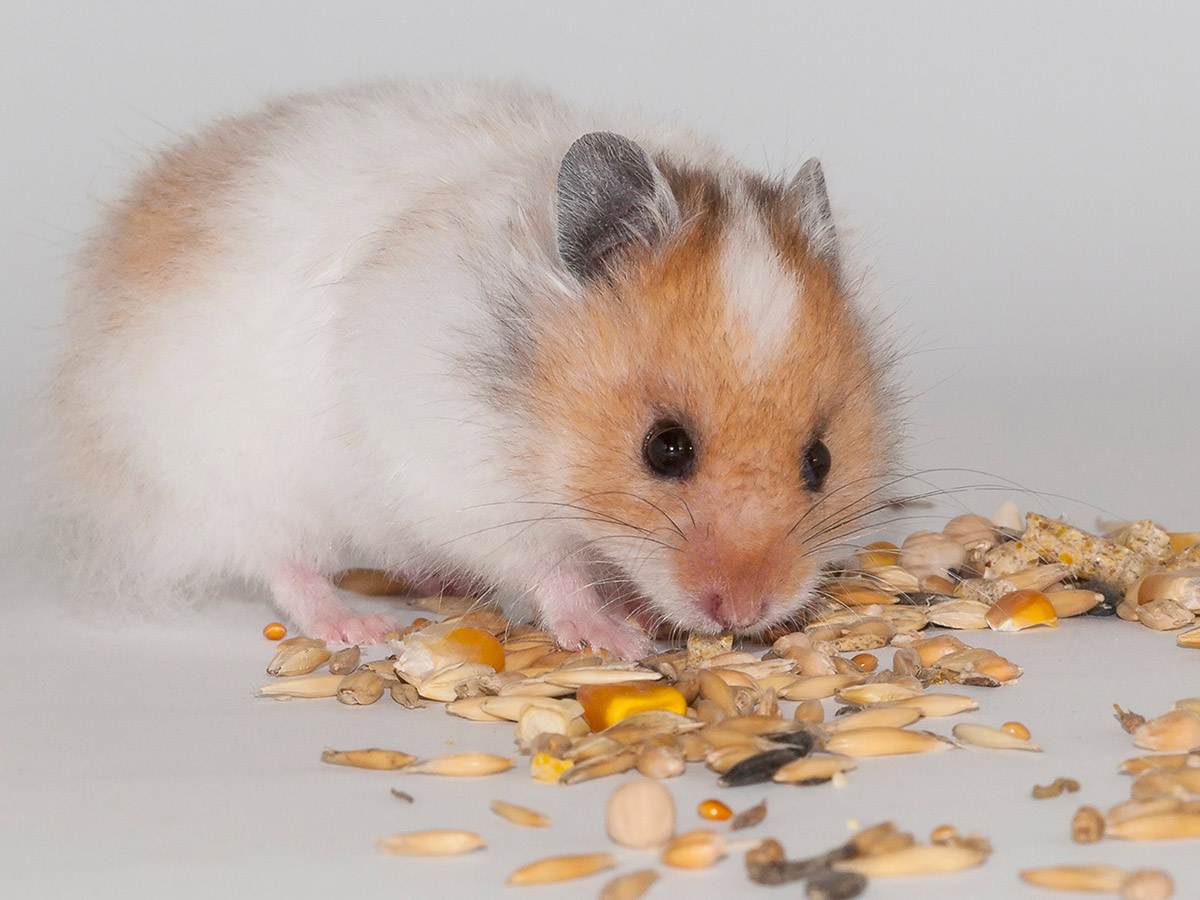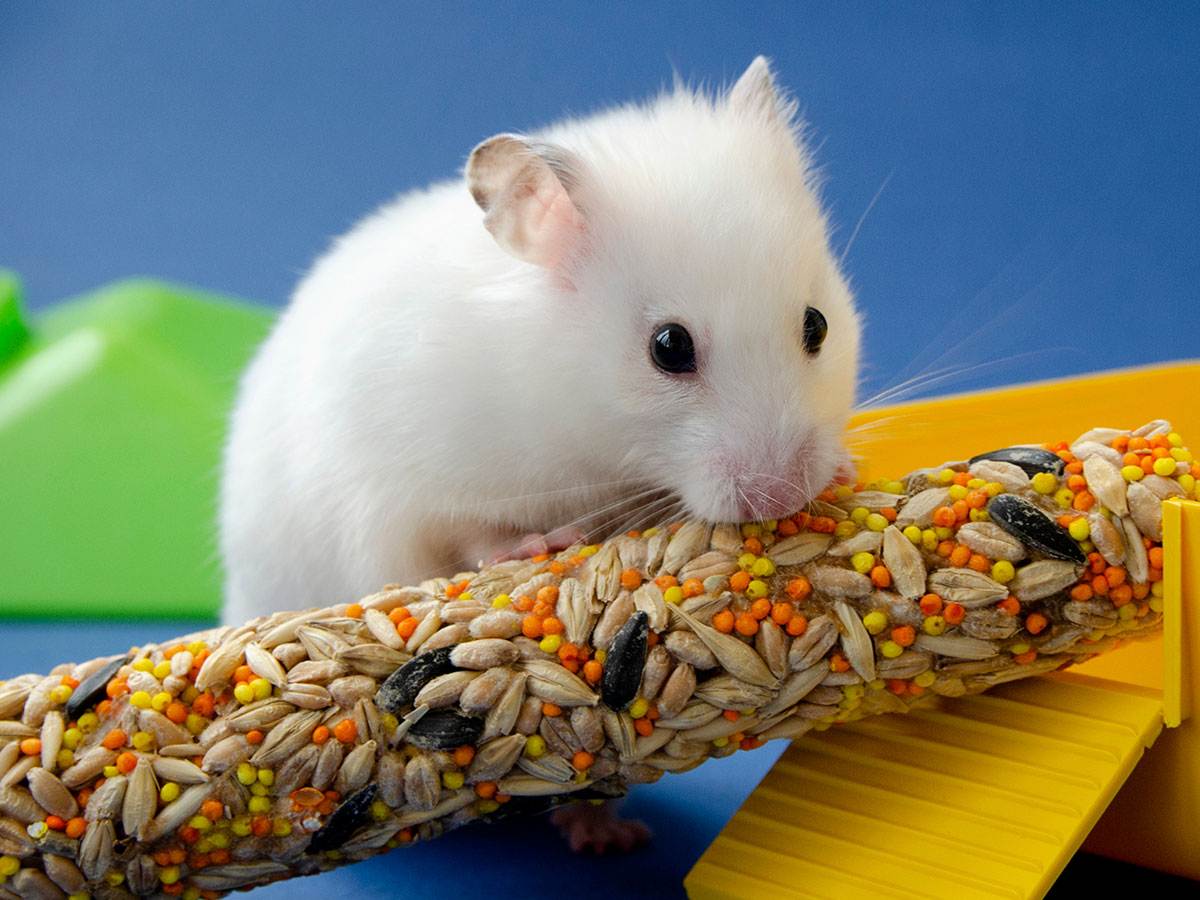While people hustled for toiletries during quarantine, one piece of news went oblivious. All the pet stores closing brought me to the crisis of being unable to buy bird food for my furry friends.
That’s when I came across the hack that has been a lifesaver since.
It was my sister who suggested I purchase hamster feed from the supermarket. Although I was initially baffled about the idea, after further research, she wasn’t wrong.
Of course, like all things true, there’s a catch. Let’s explore what it is together!
What Is Hamster Food Made of?
If you’re an avid bird lover, you might be as clueless as I was because who knows what those tiny nibblers eat?
Knowing that birds and hamsters share an uncannily same diet was a surprise. While birds may be omnivores, unlike hamsters, their commercial food consists of the same ingredients.

Hamster foods cater to the needs of different breeds of hamsters. Each ingredient can differ from brand to brand.
Before I dig into the goody deets of hamster feed, it’s essential to understand that after years of experience, I wouldn’t add store-bought bird feed as my birds’ sole diet, let alone hamster feed.
Store-bought pet foods contain sparse nutrients from ingredients sourced unhealthily and unsustainably. Artificial colorings, sulfates, and sulfides are only the beginning of the list of wrong with mass-produced pet food.
However, there are three primary types of hamster foods to choose from:
1. Hamster Pellet Food
Hamster pellets are chemically formulated to be balanced and nutritious for hamsters of different breeds. This balance is brought forward by fat content, vital minerals, and nutrients.

Birds receive ample amounts of fat from their natural diet. Hence, the added fat from the hamster feed will be detrimental to their health.
Not to forget, the required nutrients for a hamster are far more varied than a bird’s daily intake. A deficiency of nutrients can lead to innumerable fatal diseases.
In a recent survey, parrots were found to purposely starve themselves rather than consume food pellets made for other animals. They can be picky eaters, but it’s for their good when it comes to hamster pellets.
2. Hamster Seed Mix
Seed mixes are a common food found in any pet store. Most bird feeds are just plain old seed mixes. Are the hamster ones the same? Let’s find out!
The hamster seed mix is the safest option out there for your feathered friends, if you plan on making use of this hack.

Hamster seeds mix consist of a variety of nuts and seeds that will ensure pet hamster’s health. Since birds also enjoy seeds as a part of their diet, it is safe for them to consume hamster seed mix.
Keep these two things in check to ensure hamster seed mix’s safety in your bird’s diet:
Choosing organic and good quality hamster seed is advisable as mix cheaper one’s may contain artificial color. Chemicals such as these can be fatal for your bird as they have the weakest digestive system in the animal kingdom.
As always consumption in moderation is strongly advised. Seed mixes contain quite a bit of fat that can be harmful to birds if consumed too much.
3. Hamster Food Mix Containing Dry Fruits and Vegetables

Once again, fruits and vegetables are part of a bird’s natural diets; hence, it is safe for birds to consume hamster food with dry fruits and vegetables.
Make sure to look out for organic ingredients once again as cheap dry fruit and vegetable feeds contain sulfates and sulfides.
Sulfates and sulfides are preservatives that ensure the freshness of the food. However, allergies and sensitivities to sulfides can be common. Thus, make sure to take out some tests before introducing your birds to them.
How Often Should You Feed Your Birds Hamster Feed?
As I mentioned earlier, only some type of hamster feed is safe for birds. However, can it be a part of their regular diet?
Let’s explore the possible risks and benefits!
Hamsters require a lot of fat content in their diet, which can be harmful for the birds in the long run. Besides that, hamster food can lack certain nutrients that will lead to deficiencies.
What’s the solution here?
If you ever come across a crossroads between choosing for no food or hamster food like me, without doubt opt for the hamster feed.
To avoid overconsumption, only provide them in one meal per day and compensate for the rest with fresh vegetables and fruits.
Frequently Asked Questions
Let me answer some of the glaring questions you might have about the bird food and treats. Keep your eyes peeled to the following segment of the article.
Can Wild Birds Eat Hamster Food?
Birds in the wild receive a well-balanced diet. If you love to add bird feeders for migratory birds, hamster food might not be the best as birds can be picky enough to leave it alone.
Can Baby Birds Eat Hamster Food?
Young birds require highly nutritious meals which hamster food cannot provide at all. The dry texture of hamster feed can also pose a potential choking hazard.
Can Birds Eat Hamster Treats?
There are two primary hamster treats: sunflower seeds and yogurt treats.
Sunflower seeds are a common ingredient in almost every bird’s diet. They’re chock-full of nutrients and are an excellent addition to usual seed mixes.
Yogurt treats, on the other hand, can be deadly to birds. Birds are lactose intolerant and cannot consume any dairy products such as yogurt treats.
Can Birds Eat Hamster Seeds?
Hamster seeds are the safest and most nutritious option out there for your birds. It doesn’t pose the hazards of causing sulfide allergy reactions.
Final Remarks
Is this hack a yass or a pass? Well, I’ve been a devoted benefactor of this hack since the pandemic.
If done right, opting for hamster feed for your furry friends is the key to slipping out of a tricky food shortage!
As always, choose high quality feeds and don’t forget to consult your vet beforehand.
Absolutely, it’s best to stick to a nutritious diet specially designed for birds to keep them healthy and happy!